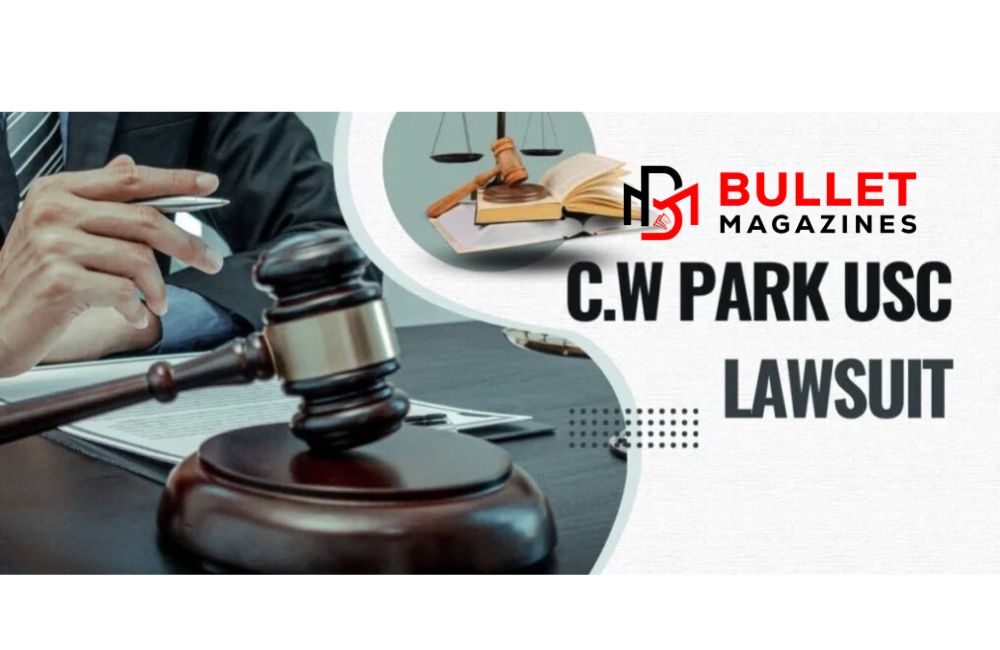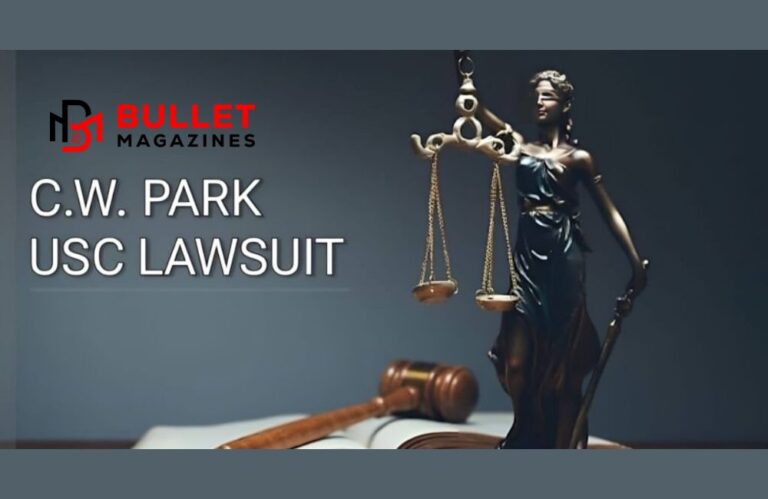Introduction
In the intricate labyrinth of legal challenges within academic institutions, the lawsuit involving C.W. Park USC Lawsuit at the University of Southern California (USC) stands out as a case that has captured the attention of many, from legal experts to academic professionals and the general public. At the heart of this legal battle are issues that touch on the very pillars of academic integrity, employment rights, and institutional accountability. This comprehensive guide delves into the C.W. Park USC lawsuit, unraveling its complexities and shedding light on its broader significance.
Background C.W. Park USC Lawsuit
C.W. Park USC Lawsuit, a renowned figure in the academic world, particularly within the realms of marketing and business studies, found himself at the center of a contentious legal dispute with the University of Southern California. The lawsuit, filed in [specific year], stems from allegations that have raised questions about employment practices, contractual obligations, and the ethical standards upheld by educational institutions. As this case unfolded, it garnered widespread attention, highlighting the vulnerabilities and challenges faced by faculty members in prestigious universities.
The genesis of the lawsuit can be traced back to specific incidents that escalated to legal proceedings. While details of the allegations remain complex, they involve claims of wrongful termination, breach of contract, and possible implications of academic freedom. As the case progressed through the legal system, each development offered new insights into the governance of academic institutions and the protection of faculty rights.

Implications
The ramifications of the C.W. Park USC lawsuit extend far beyond the individuals directly involved, touching on several critical areas of concern within higher education.
For USC
For the University of Southern California, the lawsuit has prompted a reevaluation of its internal policies, particularly those relating to faculty employment and dispute resolution. The case has also impacted the university’s public image, challenging its leadership to maintain trust and integrity within its community.
For Higher Education C.W. Park USC Lawsuit
The wider academic community watches closely as the lawsuit unfolds, recognizing its potential to influence hiring practices, tenure policies, and the safeguarding of academic freedom across institutions. This case serves as a stark reminder of the delicate balance between administrative authority and faculty rights, urging universities nationwide to reassess their commitment to upholding ethical standards and transparent governance.
Conclusion C.W. Park USC Lawsuit
The C.W. Park USC lawsuit is more than a legal dispute between an individual and an institution; it is a critical lens through which the complexities of academic governance, ethical standards, and employment rights are scrutinized. As this case moves towards resolution, its lessons remain pivotal for all stakeholders in the academic community. It underscores the necessity for clear, fair policies and practices that protect the rights of faculty while fostering an environment of integrity and accountability.


